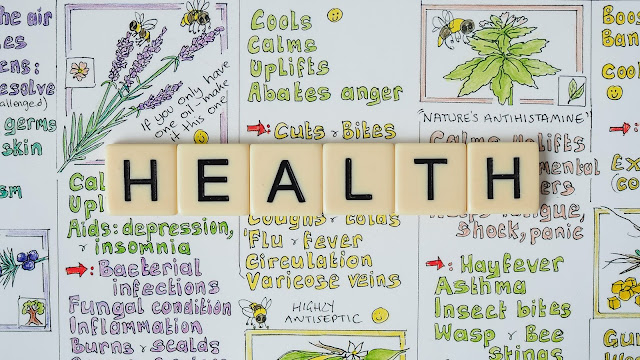Many of us know that the main benefit of exercising is a healthy life. Healthy life is a wealthy life! But how does exercising affect longevity and what are the real benefits of it?
Longevity
Researches have shown that for every hour of workout we win up to 2.6 hours life. Physical activity gives us the possibility to delay various cancers while minimizing the risk of getting a heart disease, hypertension, osteoporosis, obesity, type II diabetes and osteoarthritis. Keeping the cardiorespiratory endurance, strength and flexibility in high levels, we minimize the need of medical care. The strength helps us improve our neuromuscular system (better control of body movements). Exercising makes our life more qualitative. It fights insomnia strengthens the mental clarity and helps reducing depression.
- Improved cardio respiratory system. Regular exercise (at least 3 times a week with a minimum of 20 minutes) strengthens the heart.
- Improvement in cholesterol levels. Regular exercise affects the concentration of cholesterol in the blood and helps reducing bad cholesterol (LDL) and triglycerides by increasing good cholesterol (HDL). Regular aerobic exercise minimizes the chances of having high cholesterol. A resistance training has a positive effect on reducing cholesterol (LDL) especially when the workout includes a moderate resistance to many repetitions instead of a high resistance and few repetitions.
- Decrease of a blood pressure.
- Improved body composition. Our weight is maintained at the desired level because we burn more calories even when we rest.
- Exercise prevents osteoporosis.
Exercising is spiritual, it helps our performance. We become more efficient in our work, because exercise offers us mental clarity and acuity. It helps our positive thinking. We get positive thoughts for our health, our career and we don't feel stressed about it. Better picture of ourselves. We get self-esteem by reducing anxiety and depression. It affects our intelligence. Exercise improves blood circulation thereby increasing the IQ, especially in older people.
